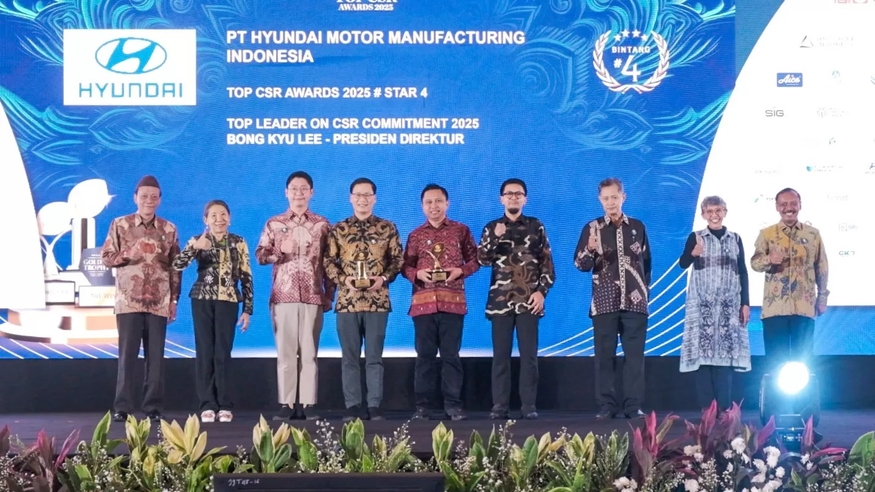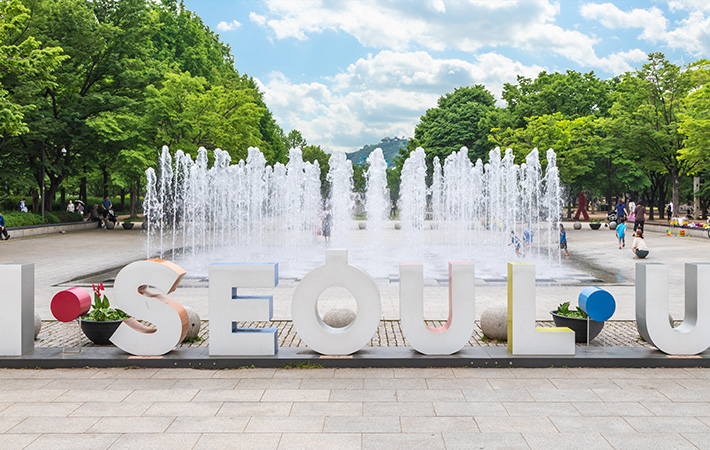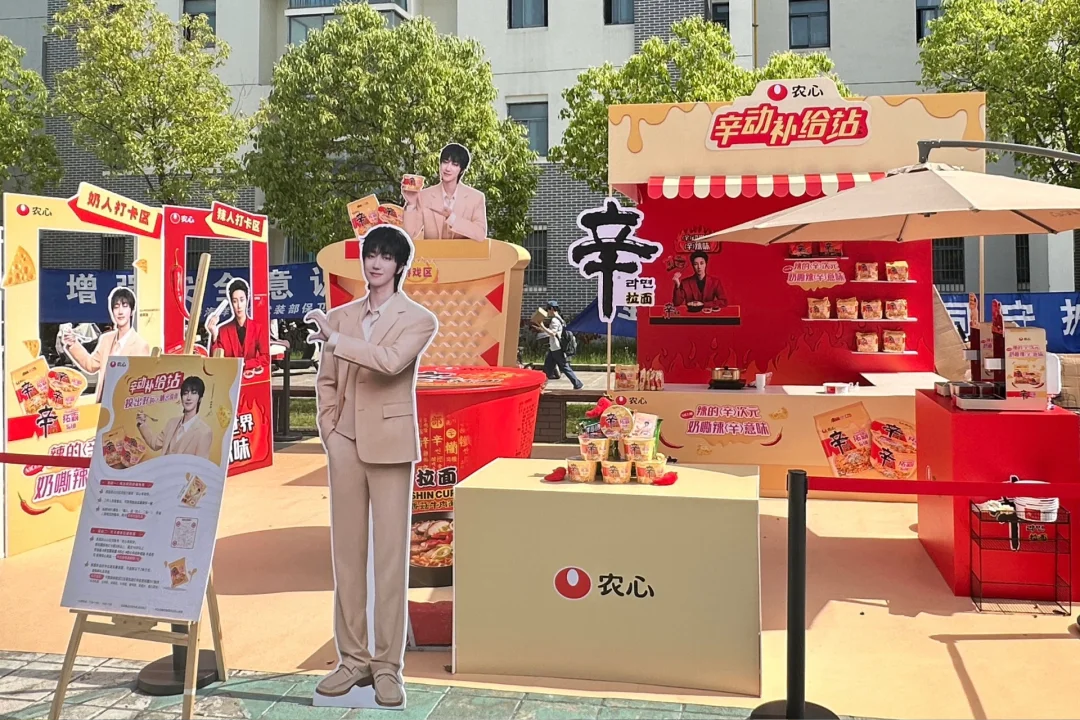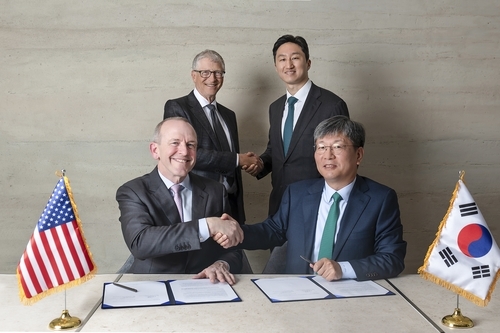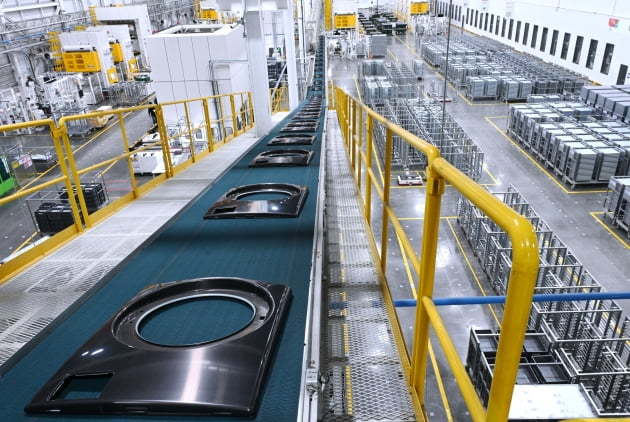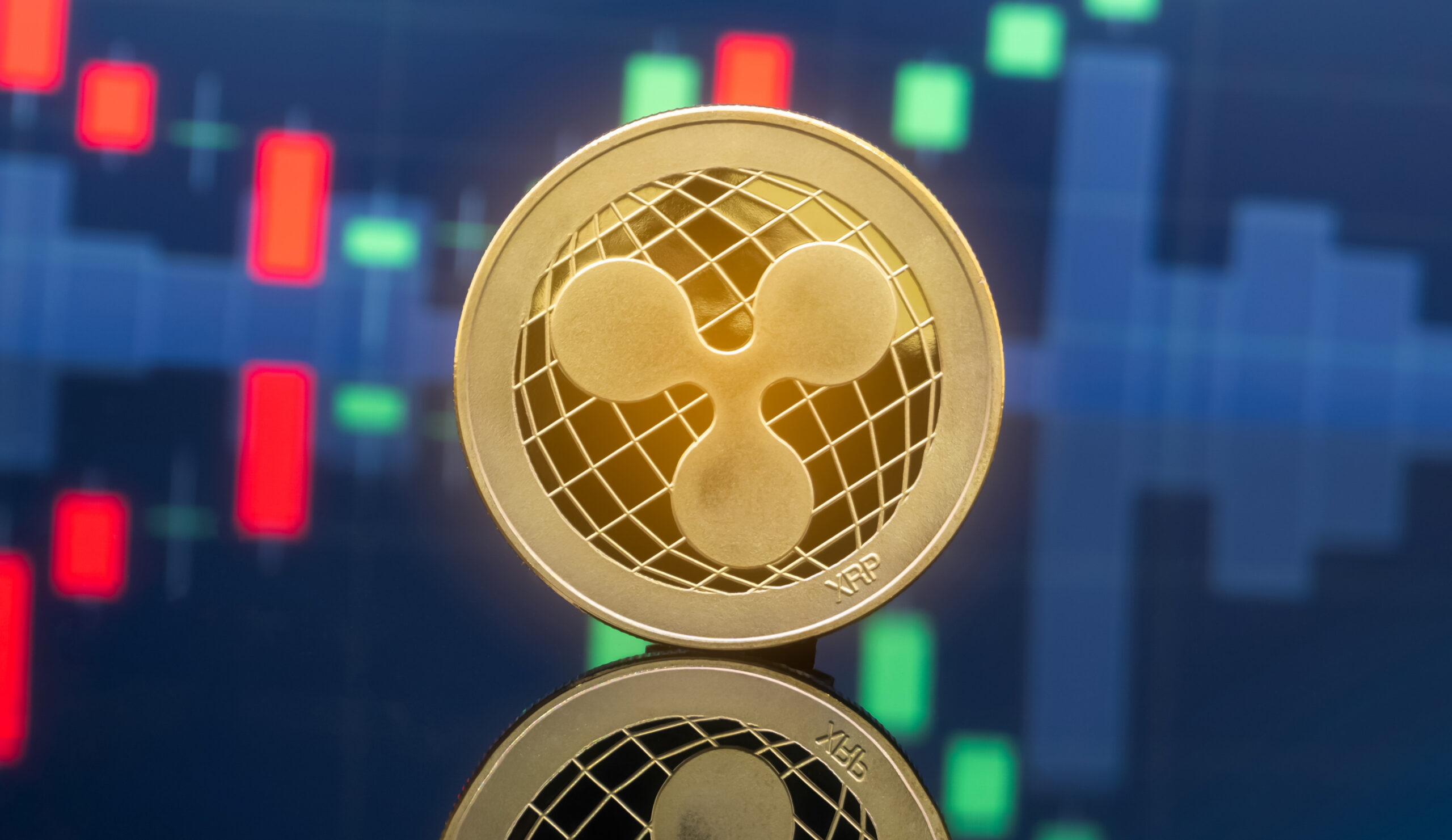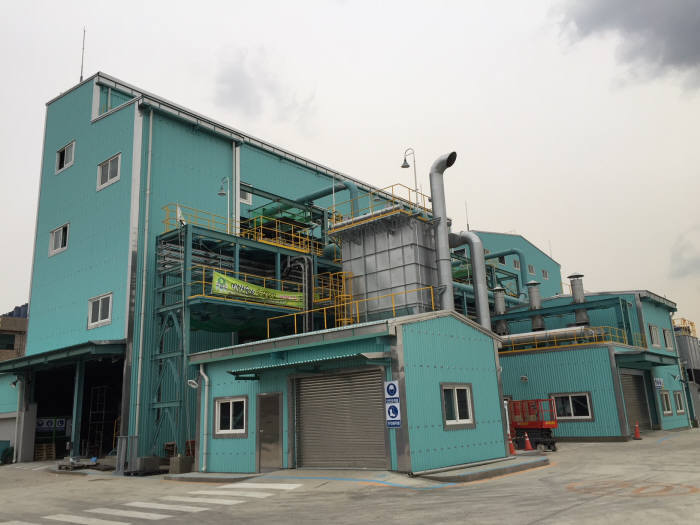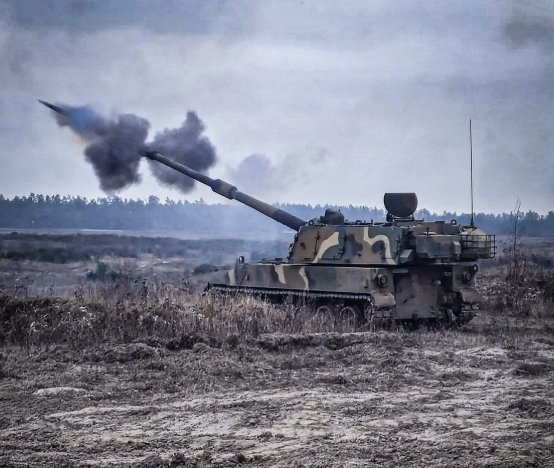
Tensions are rising in the rare earth market as the U.S.-China tariff war intensifies. Following the launch of President Trump’s second term, the U.S. has tightened export restrictions against China, particularly in advanced technology sectors. In response, China has strategically limited exports of critical minerals, including rare earth elements. Earlier this month, China implemented new export controls on seven rare earth elements: samarium, gadolinium, terbium, dysprosium, lutetium, scandium, and yttrium.
Rare earths are essential for manufacturing advanced technologies such as electric vehicles, smartphones, displays, submarines, lasers, electric motors, and missile guidance systems. An F-35 fighter jet alone uses about 408 kilograms of rare earth materials. Currently, China accounts for roughly 60% of rare earth mining and more than 90% of processing worldwide.
Rare earth prices have historically surged following Chinese export restrictions. According to Bloomberg, prices soared to around $14,000 per ton in 2011 and hovered around $11,500 during 2021-2022, both times driven largely by China’s export policies.
Markets are now watching closely for a potential repeat of the 2010-2011 rare earth crisis. At that time, prices initially showed little reaction after China halted exports to Japan but spiked dramatically three months later. Dysprosium prices, for example, jumped from $91 per kilogram in January 2009 to $2,377 in August 2011-a 26-fold increase.
Experts say China’s current measures are even more sophisticated and targeted than before. While protecting its domestic industries, such as electric vehicles, China appears to be aiming to inflict maximum disruption on Western defense sectors and drone manufacturers.
An industry official noted, “China’s weaponization of rare earths has once again exposed vulnerabilities in the global supply chain. The West and the broader global community must urgently diversify supply sources and accelerate the development of alternative technologies.”
Meanwhile, more than half of South Korean companies predict supply chain challenges due to escalating U.S.-China tensions. A survey by the Korea International Trade Association found that 53.4% of South Korean export manufacturers expect worsened supply chain conditions under the Trump administration’s second term. Concerns were particularly high among mid-sized companies (55.1%) and small businesses (53.5%), with over half of the small firms reporting they have yet to prepare adequate countermeasures.



